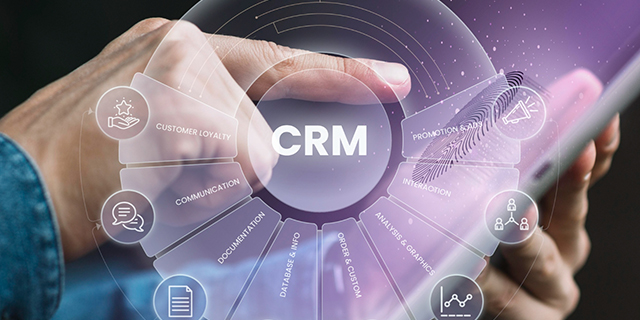
An ERP (Enterprise Resource Planning) system and a CRM (Customer Relationship Management) system serve distinct but complementary roles within an organization. An ERP system integrates core business processes, such as finance, supply chain, manufacturing, and human resources, into a unified platform to enhance efficiency and data accuracy across departments. In contrast, a CRM system focuses specifically on managing a company's interactions with current and potential customers, streamlining sales processes, improving customer service, and fostering customer loyalty. While ERP systems provide a holistic view of the organization's operations, CRMs are tailored to optimize customer engagement and relationship management. **Brief Answer:** ERP systems manage internal business processes across various departments, while CRM systems focus on enhancing customer relationships and sales management.
ERP (Enterprise Resource Planning) systems and CRM (Customer Relationship Management) systems serve distinct but complementary roles within an organization. ERP systems integrate core business processes, such as finance, supply chain, manufacturing, and human resources, into a unified platform to enhance efficiency and data accuracy across departments. In contrast, CRM systems focus specifically on managing customer interactions, sales, and marketing efforts, aiming to improve customer relationships and drive sales growth. While ERP provides a comprehensive view of the organization's operations, CRM offers insights into customer behavior and preferences. Together, they enable businesses to streamline operations and foster stronger customer connections, ultimately leading to improved performance and profitability. **Brief Answer:** ERP systems manage internal business processes for efficiency, while CRM systems focus on enhancing customer relationships and sales. Both are essential for streamlined operations and improved customer engagement.
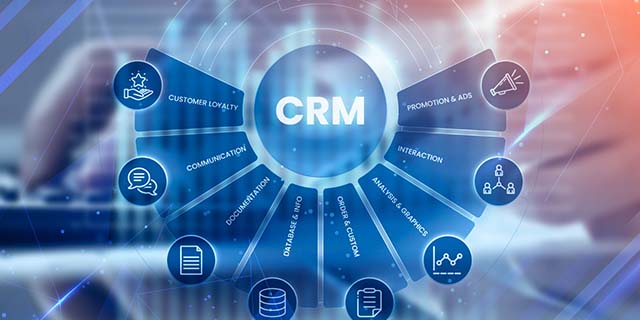
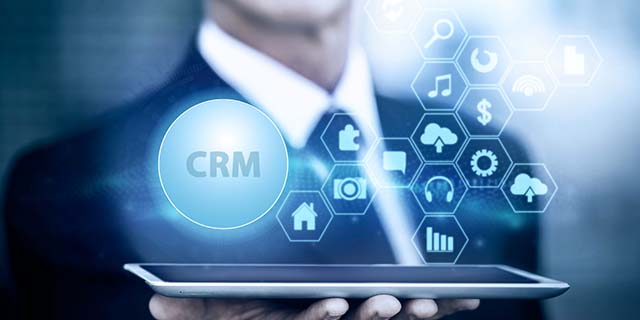
Choosing the right ERP (Enterprise Resource Planning) system versus a CRM (Customer Relationship Management) system involves understanding the specific needs of your business. An ERP system integrates various functions across departments, such as finance, supply chain, and human resources, providing a comprehensive view of operations. In contrast, a CRM focuses primarily on managing customer relationships, sales, and marketing efforts. To make an informed decision, assess your business goals: if you need to streamline operations and improve overall efficiency, an ERP may be more suitable. However, if enhancing customer interactions and driving sales is your priority, a CRM would be the better choice. Additionally, consider factors like scalability, user-friendliness, integration capabilities, and budget constraints before making a selection. **Brief Answer:** Choose an ERP for comprehensive operational management and efficiency; opt for a CRM to enhance customer relationships and sales. Assess your business goals, scalability, and budget to make the best choice.
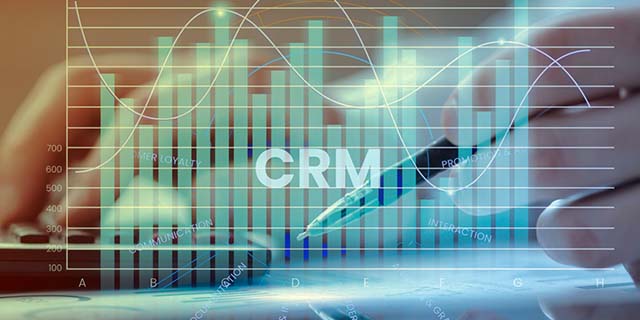
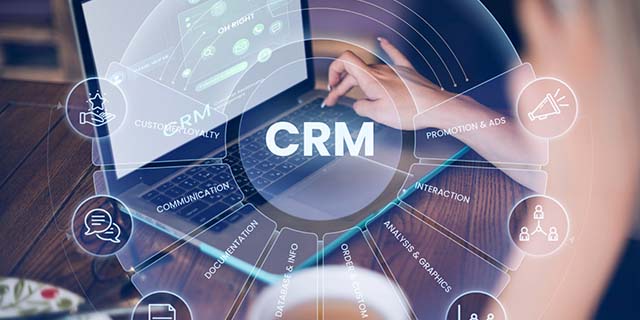
Technical reading about ERP (Enterprise Resource Planning) systems versus CRM (Customer Relationship Management) systems reveals distinct yet complementary functionalities that organizations leverage to enhance operational efficiency and customer engagement. ERP systems integrate core business processes, such as finance, supply chain, and human resources, into a unified platform, facilitating real-time data access and streamlined workflows. In contrast, CRM systems focus primarily on managing customer interactions, sales pipelines, and marketing efforts, aiming to improve customer satisfaction and retention. While ERP provides a holistic view of organizational operations, CRM zeroes in on the customer lifecycle. Understanding these differences is crucial for businesses seeking to optimize their technology investments and achieve strategic goals. **Brief Answer:** ERP systems manage internal processes across an organization, while CRM systems focus on customer interactions and relationships. Both are essential for improving efficiency and customer satisfaction but serve different purposes within a business framework.


TEL:866-460-7666
EMAIL:contact@easiio.com
ADD.:11501 Dublin Blvd. Suite 200, Dublin, CA, 94568